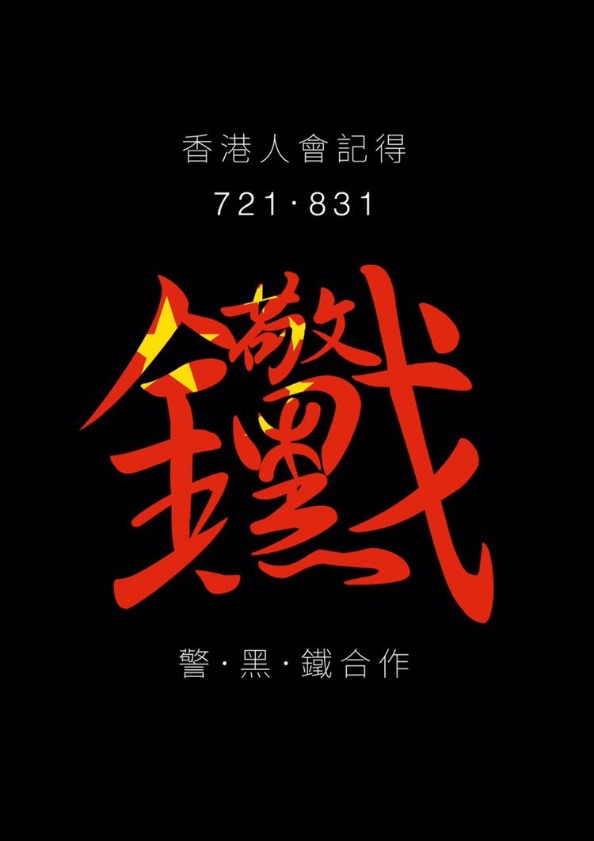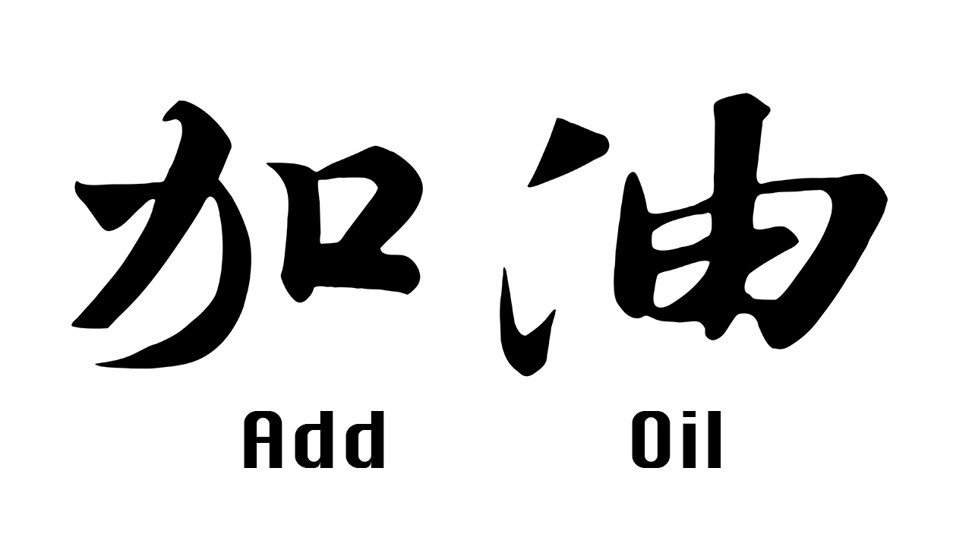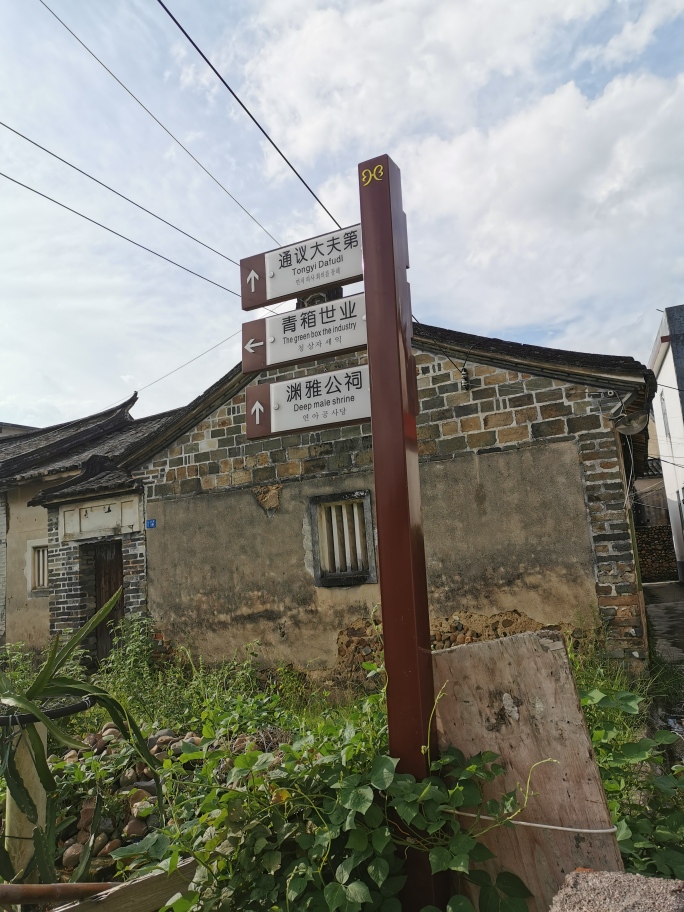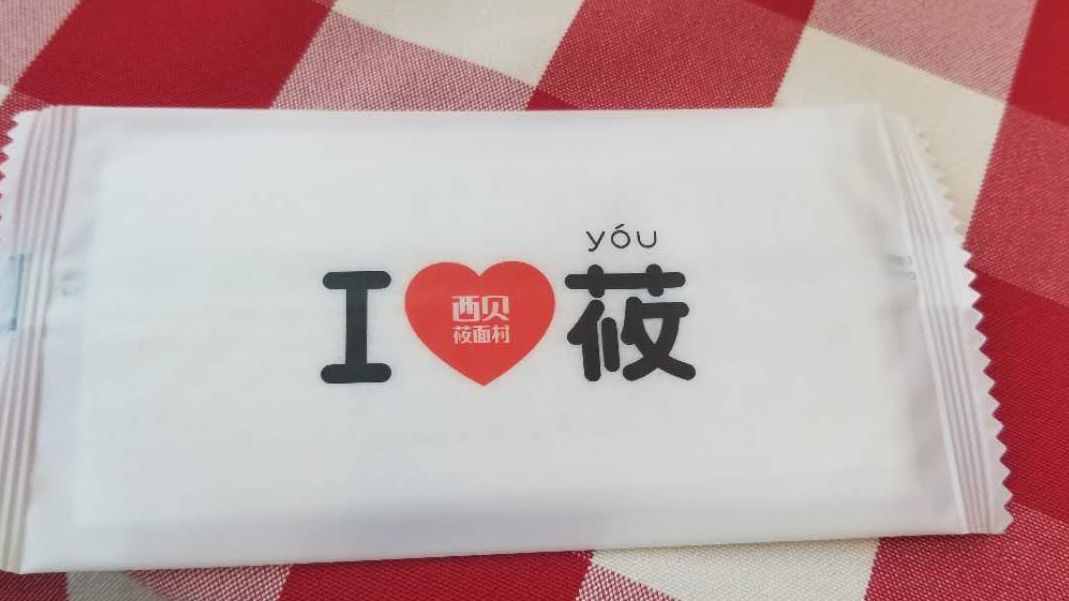ESL spam scam? (updated)
I just got an email from WordPress notifying me of a comment awaiting approval at LAWnLinguistics. Here is the comment, in full:
This is Pam, and English is my 1st language. I'm for real, and would like you to get back in touch with me.
The comment makes four assertions:
- This is Pam
- English is my 1st language.
- I'm for real,
- and would like you to get back in touch with me.
It's almost certain that three of those four assertions are false. Does anyone want to guess which is the one that is true?
CLARIFICATION (after reading the first five or six comments, all guessing wrong): For the benefit of those who want to submit a guess, note that what prompted this post was the content of the comment, not anything about its word choice, syntax, punctuation, etc.
HINT (after reading more wrong guesses): Pragmatics.
HINT IN THE FORM OF A QUESTION (after reading still more guesses that are not only wrong but aren't even close): How often have you encountered a situation in which, upon your initial contact with someone who is a complete stranger, the first thing they say after introducing themself is "English [or some other language] is my 1st language?





